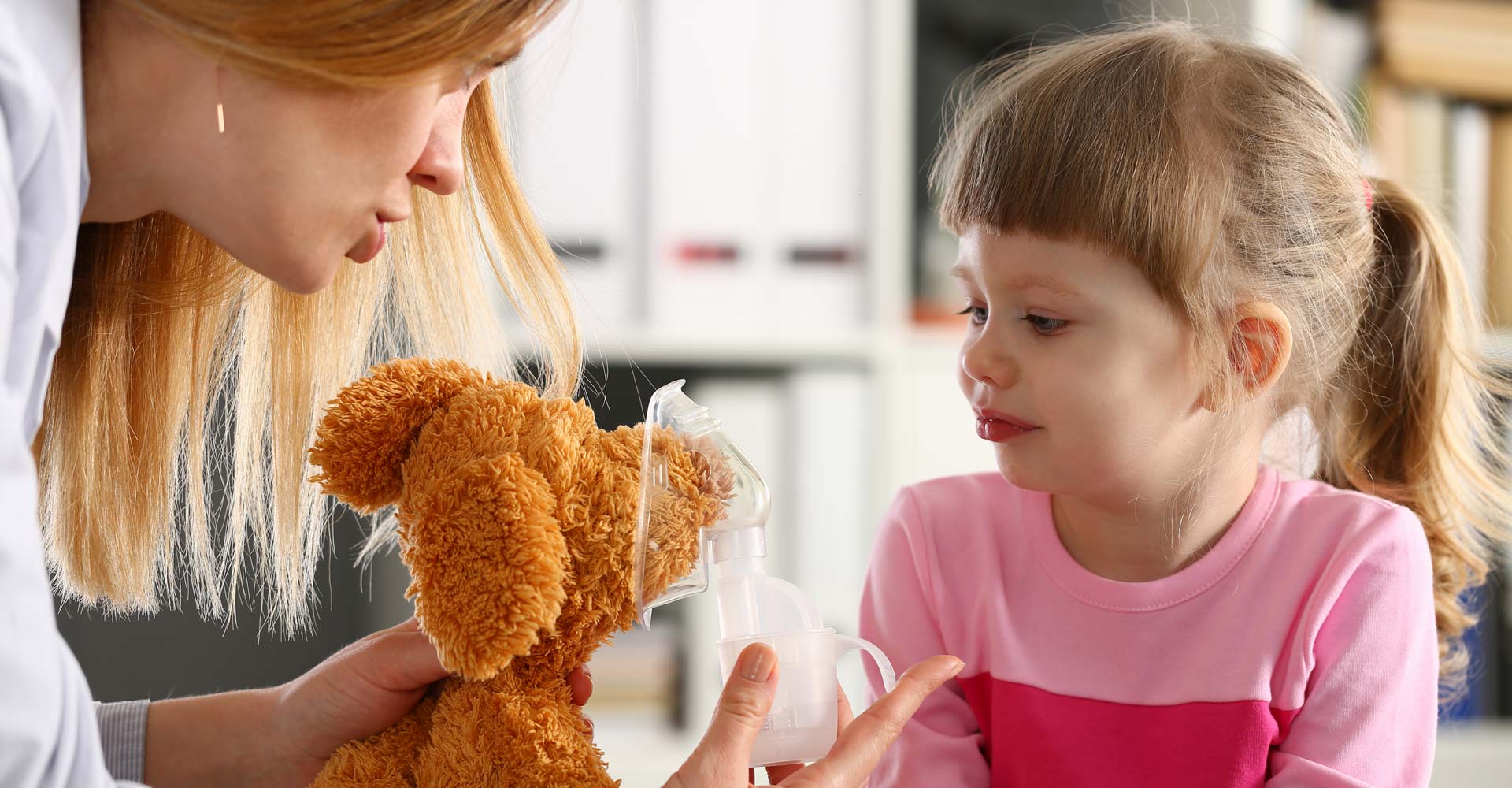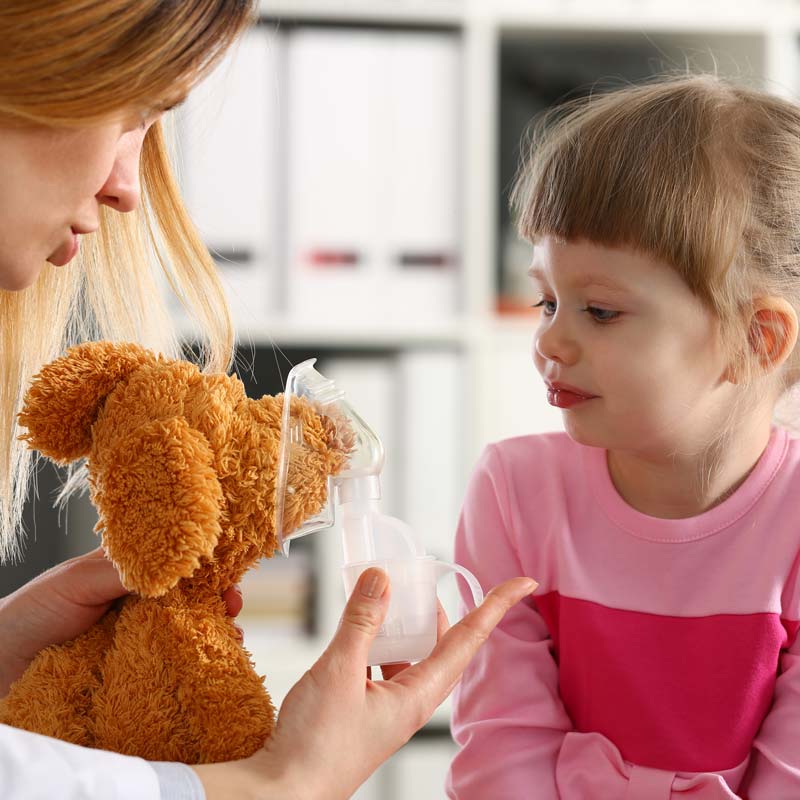Pregnancy
If you have asthma and you are pregnant or are planning a pregnancy, you may wonder what will happen with your symptoms and treatment. During pregnancy, your asthma symptoms may stay the same, get worse or may even improve!
The most important thing is to keep managing your asthma !
- Control your asthma with extra care, discuss your controller treatment with your doctor
- Anti-inflammatory asthma treatment should be continued during pregnancy. Stopping it increases the risk to the baby and yourself.
- Many women have concerns about medication use in pregnancy, but asthma symptoms and attacks are a much greater risk to the baby than asthma treatments.
- Especially during the second trimester, you should be aware that the risk of asthma attacks may increase. This can be due to hormonal changes or to cessation or reduction of asthma medications.
- If asthma remains well-controlled throughout pregnancy, there is little or no increased risk of complications.
- Review your asthma action plan
You should regularly see your healthcare provider to check your treatment, your inhaler technique and update your written asthma action plan. Consult your healthcare provider immediately if you notice any symptoms or changes during your pregnancy. - Quit smoking!
Smoking or being exposed to second-hand smoke while you are pregnant should always be avoided because it increases the risk of miscarriage and premature labour. In addition, your baby is more likely to have breathing problems, including asthma. - Get a flu vaccination
Pregnant women and people with asthma appear to be particularly susceptible to the effects of viral respiratory infections, including influenza. - Inform your gynaecologist or your midwife if you have asthma
Having an asthma attack during labour is not a common event. In case of an attack, you can manage it by using your reliever inhaler. Your gynaecologist or your midwife know how to help you if you have asthma symptoms during labour.
Risk of developing asthma for the fetus
During pregnancy and early life, a combination of genetic and environmental factors may play a role in the development of asthma in babies. Preventive measures may reduce the risk for the baby to develop asthma, such as:
- Avoiding smoking and exposure to second-hand smoke during pregnancy and after delivery is the first and most important measure to be taken
- Vaginal delivery if possible
- Identification and correction of Vitamin D insufficiency during pregnancy
- Avoid the use of broad-spectrum antibiotics during the first year of life, unless strictly necessary
- Breastfeeding is recommended for its overall positive benefits on the baby’s health.
Asthma and menstrual cycle
Your asthma may worsen during the premenstrual phase, usually one or two weeks before the period, due to hormonal changes. This is called “catamenial asthma”. In that case, in addition to your usual asthma treatment, your doctor may advise you to take oral contraceptives and/or other medicines that can help you manage your asthma.
Use your daily asthma journal to write down any change related to your asthma and your cycle. If you experience premenstrual asthma this should be included in your asthma action plan

